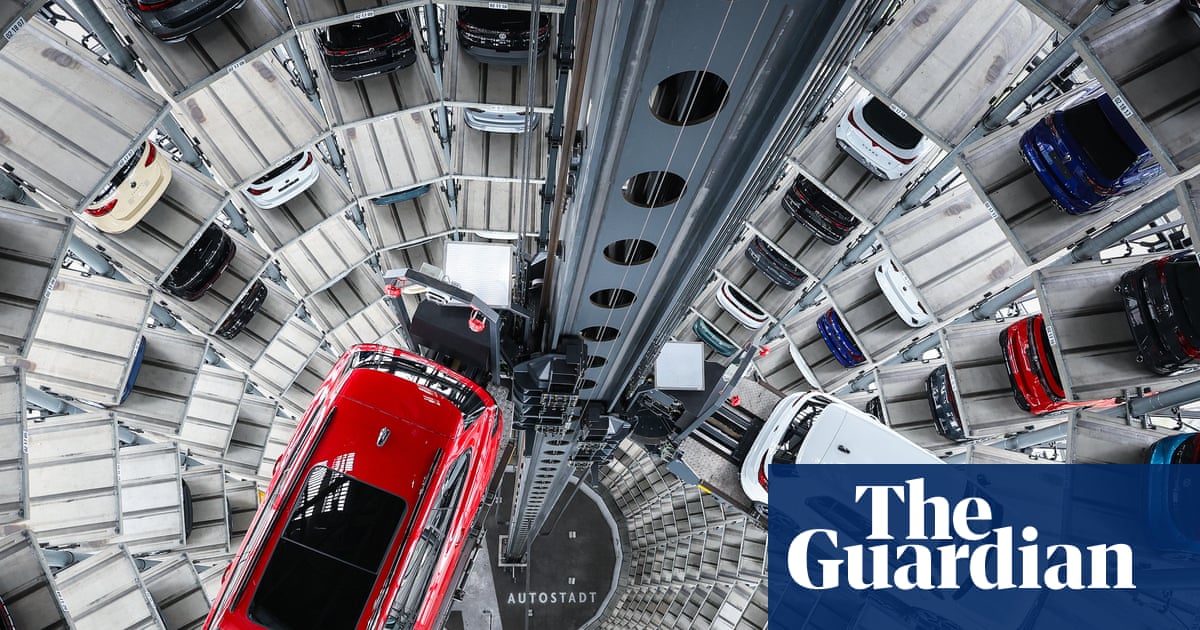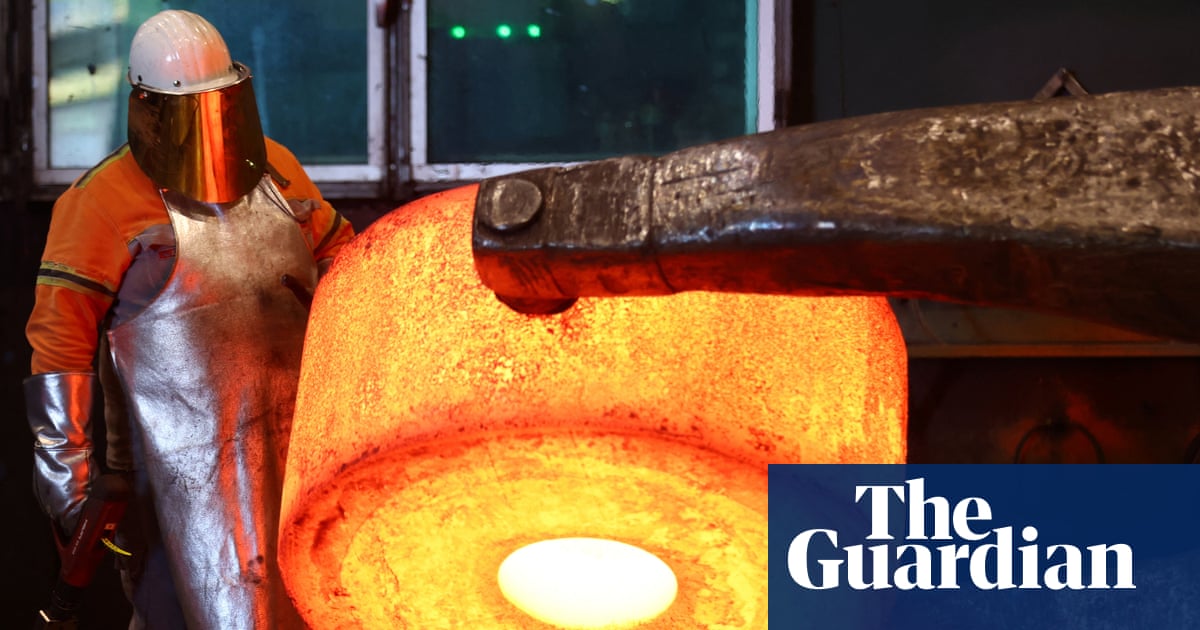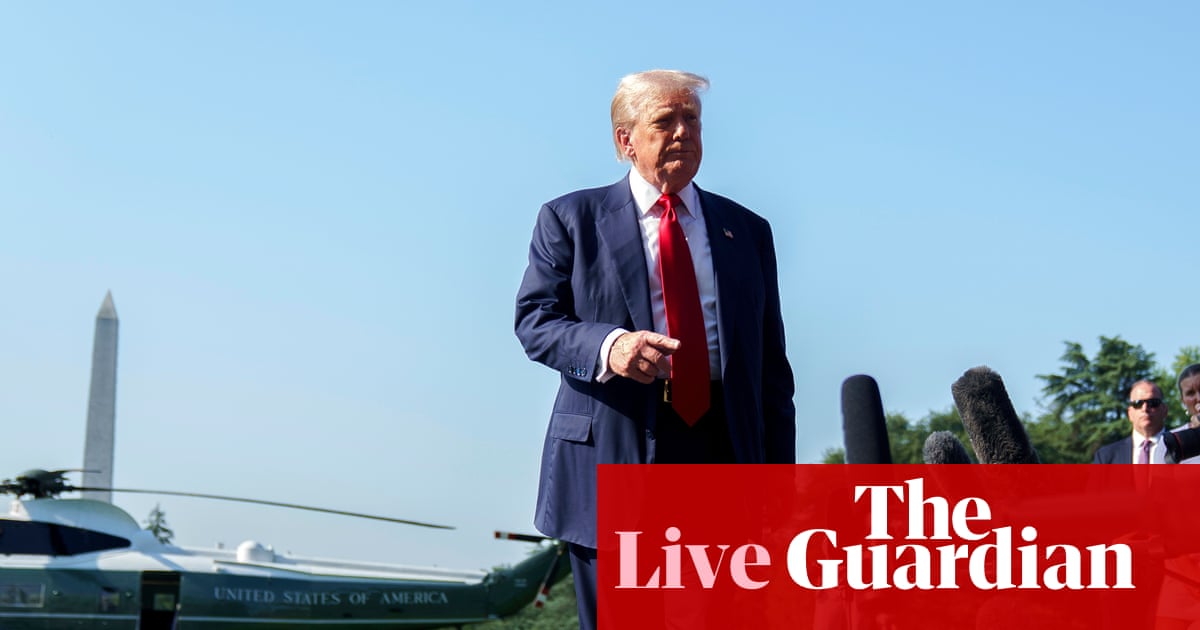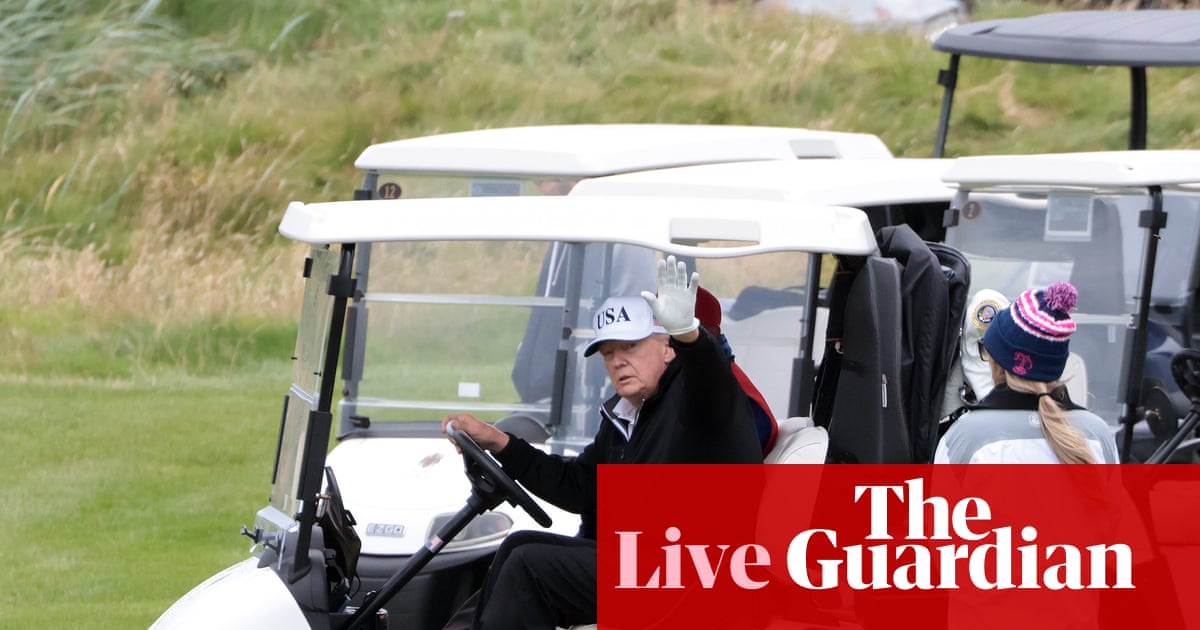T4K3.news
US-EU trade deal faces backlash from European leaders
The new trade agreement imposes 15% tariffs, leading to concerns among European exporters.

The US-EU trade agreement faces backlash from European leaders over new tariffs.
Criticism surrounds US-EU trade deal amid tariff increases
The recent US-EU trade deal, finalized at Donald Trump's golf resort in Scotland, has drawn criticism from various European leaders. The agreement, which imposes a 15% tariff on nearly all European exports to the US including vehicles, replaces the looming threat of a punitive 30% tariff. While some see this as a relief, many in Europe are concerned about the increased financial burden, up from the existing average tariff of 4.8%. The deal continues to face opposition, notably from Germany's industrial groups and French officials, who argue that the arrangement is unbalanced and ultimately unfavorable for Europe.
Key Takeaways
"European exporters will now face more than triple the average tariff."
This statement emphasizes the financial burden imposed on European businesses due to the new trade deal.
"The deal is asymmetric with the US benefitting more than Europe."
Holger Schmieding of Berenberg expresses concern about the unequal nature of the agreement.
"Fifteen percent is not to be underestimated, but it is the best we could get."
Ursula von der Leyen acknowledges the deal's shortcomings while indicating it was the best outcome achievable under the circumstances.
"This agreement provides temporary stability but leaves critical concerns unresolved."
French minister Benjamin Haddad outlines the need for a more balanced approach to ensure long-term viability.
The US-EU trade agreement highlights a crucial shift in transatlantic trade dynamics, marking a departure from earlier, more open negotiations. Many European business leaders view this deal through a lens of economic concern, suggesting that the heavier tariffs reflect a power imbalance favoring the US. In a climate where trade tensions can have long-lasting impacts on global markets, the reactions from European governments hint at a need for more strategic cooperation in addressing trade conflicts. As industry leaders express ongoing uncertainty, it raises questions about the long-term implications for European exporters, particularly in heavy industries like automotive and steel that are expected to bear the brunt of these tariffs.
Highlights
- The deal delivers a heavy cost for European exporters.
- Germany faces significant repercussions from these tariffs.
- Trump claims another victory as EU struggles with new levies.
- This move unbalances trade, favoring American interests.
Potential economic backlash from trade agreement
The US-EU trade deal raises tariffs on European exports, risking significant financial impacts on key industries.
How the EU addresses these new tariffs will shape future trade relations.
Enjoyed this? Let your friends know!
Related News

EU faces backlash from France and Germany over US trade deal

EU faces backlash over flawed US trade deal

EU steel tariff remains at 50% in latest US trade talks

Leaders use flattery as diplomatic tool with Trump

US-EU trade deal limits tariffs to 15%

EU US tariff deal reached

Trump states 50-50 chance for EU trade deal

Trump and Starmer meet in Scotland for trade discussions
